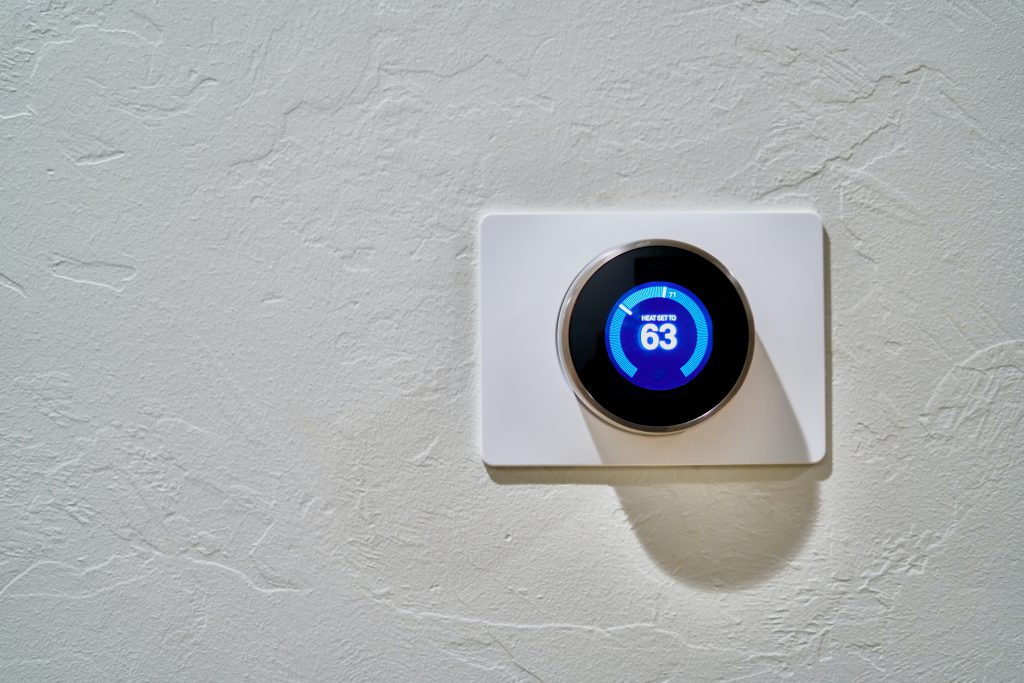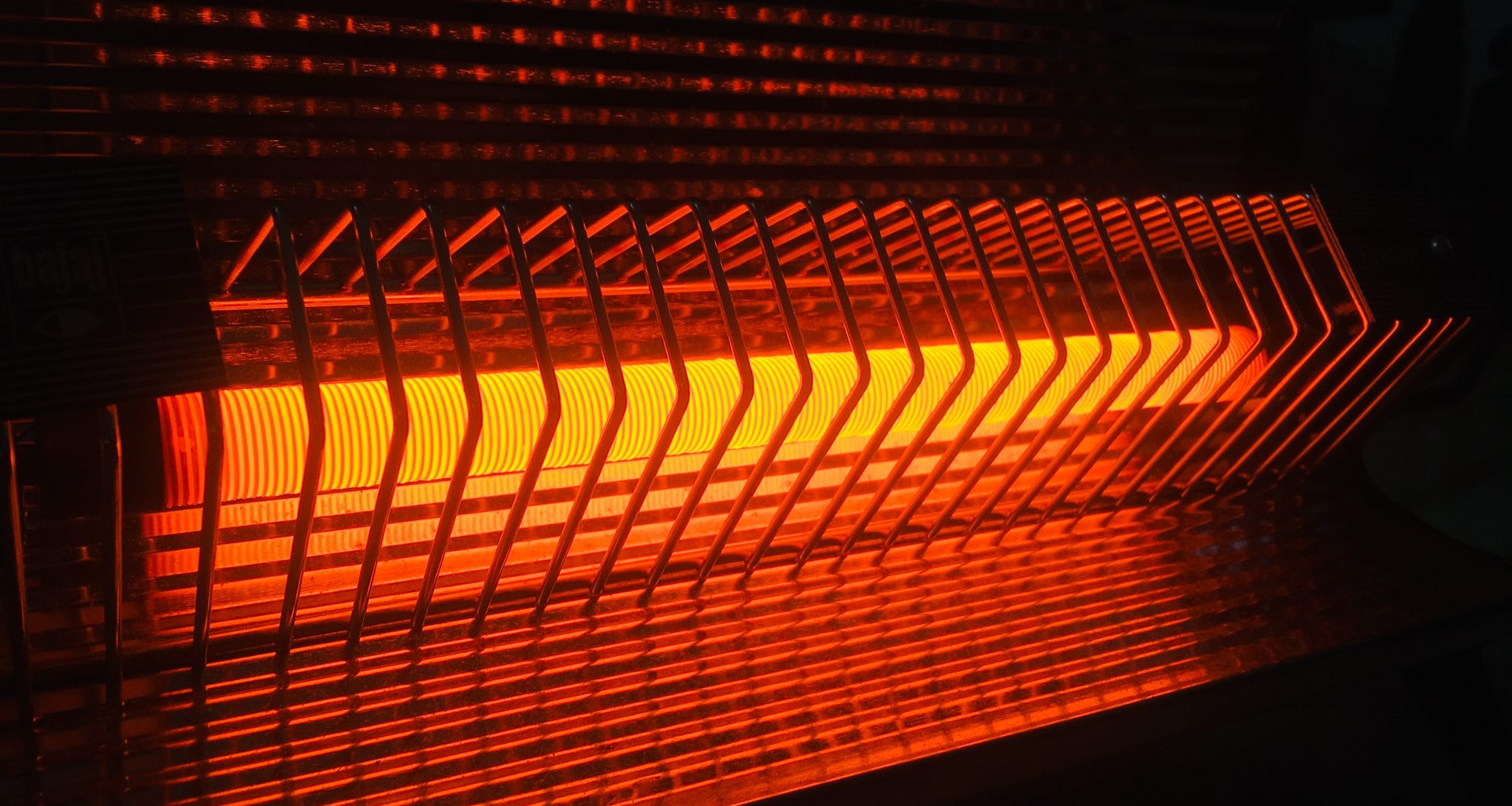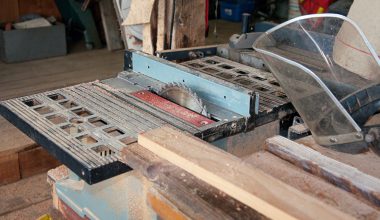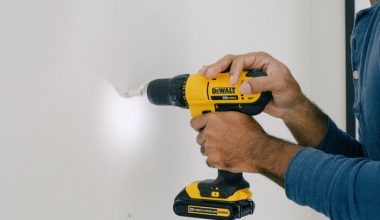According to the Consumer Product Safety Commission, more than 300 people die each year due to fires caused by space heaters. With statistics like that, it’s no wonder many homeowners worry about the safety risks associated with portable heaters.
One of the most commonly asked questions concerning this topic is, “can you leave a space heater on all night?”
The answer depends mainly on what type of space heater you have and if you can do what is necessary to assure safe operation.
Is It Safe To Leave a Space Heater On Overnight?
The general consensus from fire officials and home insurance providers is that space heaters should not be left on at night. This remains true even though most modern heaters include added safety features like automatic shut-off, tip-over switches, and thermostat and timer controls.
If you have an older heater that doesn’t come with any of these features, you should not use your heater overnight.
Even if you have a newer heater, certain types of space heaters are safer to use than others.
Heaters That Are Safer To Keep On Overnight
The safest heaters to use overnight are those that do not heat using combustion and stay cool to the touch even while in operation. Heaters that fall into this category are oil heaters, infrared heaters, and ceramic heaters.
Infrared Heaters
Just like the sun, infrared heaters use rays to heat objects around them. They do not heat the air or the housing that encases the heater, which means they are less likely to cause a fire. Still, you should ensure that combustible substances are away from the heater.
Oil Heaters
In an oil-filled heater, an electric element heats a reservoir of oil. The heated oil rises to the top of the reservoir and forces cooler oil down toward the element. This convection heating method assures the heater will never get too hot.
Ceramic Heaters
Ceramic heaters use electricity to warm a ceramic plate that sits at the center of the unit. A fan blows air over the heated plate to warm the air in the room. Because the plastic housing around the ceramic does not get hot, this type of heater is a low fire risk, especially when equipped with the safety features discussed below.
Safety Tips
Even when using one of the safer heaters listed above, you should always take extra precautionary measures, including:
- Give your space heater some space. Make sure there are no curtains, clothing, blankets, or furniture near your space heater.
- Plug your heater directly into the outlet. Using extension cords and power strips can cause the plug to overheat and catch fire.
- Only buy UL or ETL listed heaters. These heaters have been independently tested and found to be safe for consumer use.
- Utilize the thermostat and timer settings. Heaters with target temperature and timer settings will only run as needed throughout the night, reducing the risk of overheating while saving energy.

For more space heater safety tips, check out the video below.
Conclusion – Space Heater Use Overnight
When it comes to overnight use, your safest bet with space heaters is to turn them off and opt for more blankets instead. But, if you must use a space heater to keep your room warm while you sleep, there are a few things you can do to increase your safety.
Using an oil, ceramic, or infrared heater reduces your fire risk while helping you avoid the possible toxic byproducts of combustion. By opting for a heater with a thermostat or timer function and assuring it is UL or ETL certified, has plenty of room to operate, and is plugged directly into the wall, you can use your space heater on at night while minimizing the risks.






